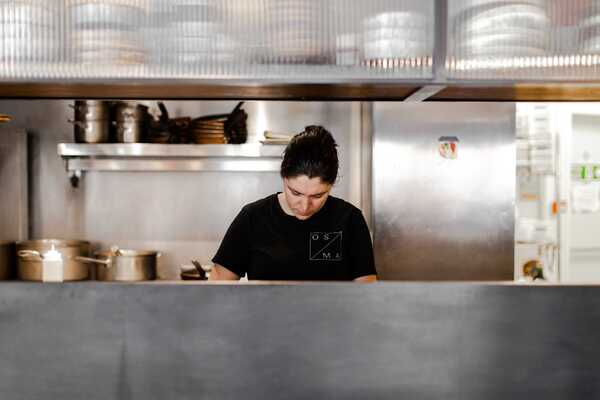How to... restore cost control and profitability
The pandemic has changed the landscape when it comes to running a successful business, so try to see the opportunities, says Malcolm Muir.
As the hospitality industry reopens under new trading restrictions, many operators feel uncertain about the future. Particularly of concern is the expected reduction in footfall as a result of social distancing, as well as continued risk and fear surrounding the pandemic. The good news is that there are worthwhile steps operators can take to regain control of where their business is heading.
During this time, it’s important for businesses to review the past and be prepared to make radical changes to the way they operate. That’s not just in terms of finding creative solutions to trading safely within required Covid-19 measures; it’s also about making operational changes that could be the difference between running a loss-making or a profit-making business.
The whole world has had to wake up to the fact that post-pandemic life will never be quite the same. Turning this into a positive mindset will be key to survival. It means approaching everything we knew with fresh eyes and seeing the great opportunities operational and financial practices offer to keep your business running better and more profitably than ever.
Seven steps to retaining profitability
1 Promote upselling and customer service
With fewer transactions, it is essential to make the most of every customer that steps through your doors. The quality of your staff’s customer service and upselling skills will be key to achieving higher sales for your business and bigger tips for your staff. Making sure staff are confident and knowledgeable will not only keep customers coming and spending more, but your staff will gain greater job satisfaction from their increased earnings too.
2 Train staff on operational best practices
Don’t just focus on training your staff on the newly introduced Covid-19 safety guidelines. The return of staff from furlough is the opportune moment to remind them afresh of key operational best practices that help your business tackle shrinkage and make more profit. These include proper dispensing practices, recording practices (such as wastage logs), till practices and more.
3 Benchmark sales performance and revise product lines accordingly
Delve deep into every product line’s profit calculation, especially those that account for your highest sales volumes. Consider their cost and selling price, not forgetting to include an accurate assumption for preparation costs, wastage and loss. Once you’re able to review margins in terms of cash, it is worthwhile to renew your focus on your highest performing product lines.
4 Review your stockholding and keep it minimal
Your product performance data should result in some ruthless choices. It will determine which product lines to strip out from your stockholding. Aim to sell slow-moving and low-margin product lines quickly through marketing initiatives and offers. The process of reducing stockholding decreases business risk and releases cash that would otherwise be tied up in your business.
5 Reassess supplier contracts and product agreements
After three months of interruption to services, suppliers too have had to adapt to the new status quo. They may well have changed their product and service offerings and could even be offering savings or opportunities that weren’t available before. It’s therefore a good idea to get in touch with them to revisit your agreement and any associated arrangements with them.
6 Review internal policies that impact your bottom line
Being generous and trusting is a great attribute of hospitality businesses, but forgoing some basic internal principles can seriously impact your bottom line. Things you should consider reviewing include: a reduced menu option for staff meals; security protocols to prevent stock and cash losses; and the enforcement of full delivery checks prior to acceptance.
7 Monitor sites regularly
Support your teams with health checks, both physical and operational. Site management teams will find reopening stressful, not just from implementing Covid-19 restrictions, but also from running their sites within tight budgets. A one-to-one health check can monitor stress points within the operation and give opportunities for teams to report problems without fear or favour.
Malcolm Muir is consultancy director at Venners
www.venners.com
Photo: Shutterstock




















